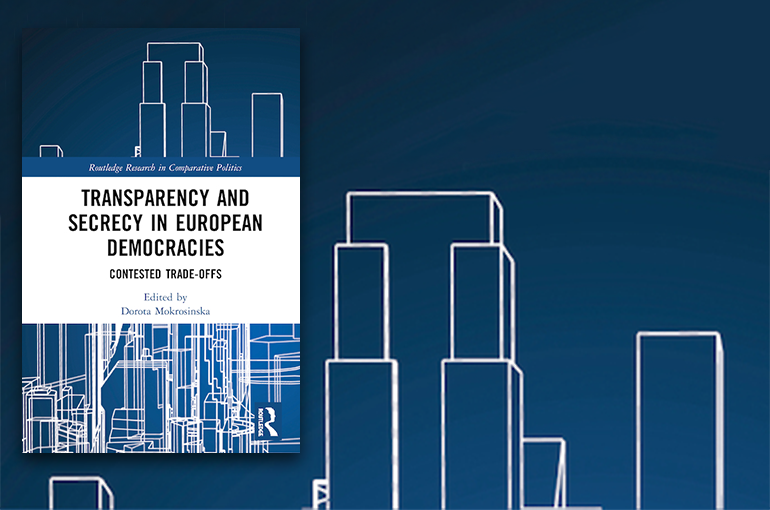Self-reinforcing Secrecy
Cultures of Secrecy within Intelligence Agencies

Dr Eleni Braat (International and Political History) wrote a chapter about Self-reinforcing Secrecy for the publication Transparency and Secrecy in European Democracies, published by Routledge.

Few sectors of the state bureaucracy are as secretive as intelligence and security services. Secrecy provides intelligence staff with greater discretion in the performance of their professional tasks than most other domains of state bureaucracies. What is the impact of such a high degree of secrecy on the internal dynamics of an organization? This chapter shows that secrecy in intelligence and security services reaches beyond its merely functional basis, entailing both positive and negative effects for the functioning of the service.
Dutch Security Service
It explores how secrecy transforms from a functional means to protect intelligence sources and methods to an independent social force that reaches beyond its initial functional purposes. As such, this chapter contributes to our understanding of how intelligence communities function on a daily basis. The empirical data rely on original in-depth interviews with former personnel of the Dutch Security Service and archival research in the service’s internal staff magazine. The outcomes of this research are relevant beyond the specific case of the Dutch Security Service, extending to other state bureaucracies with a degree of secrecy.
- Title: Self-reinforcing Secrecy. Cultures of Secrecy within Intelligence Agencies
- Author: Eleni Braat
- Publisher: Routledge
- ISBN: 9780367133405

